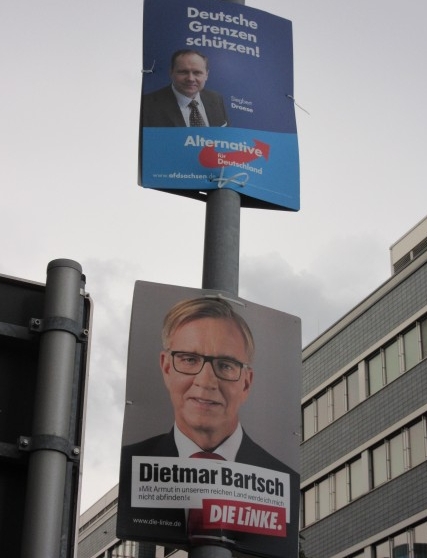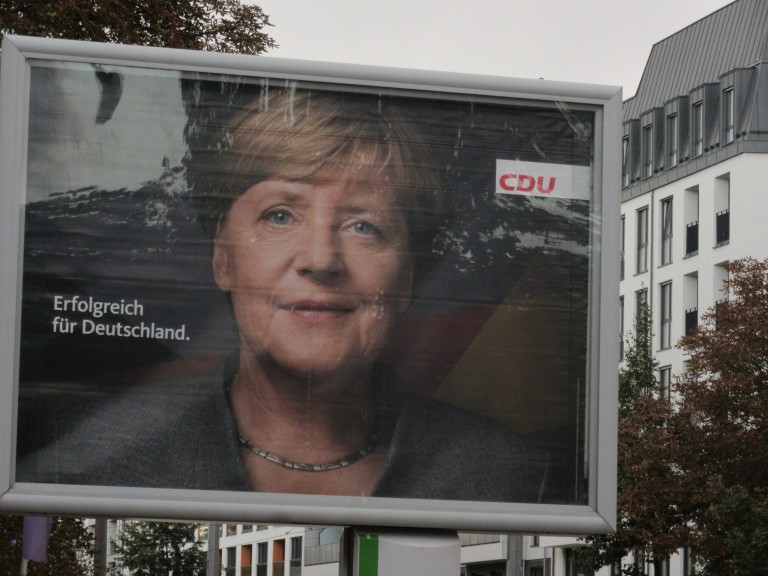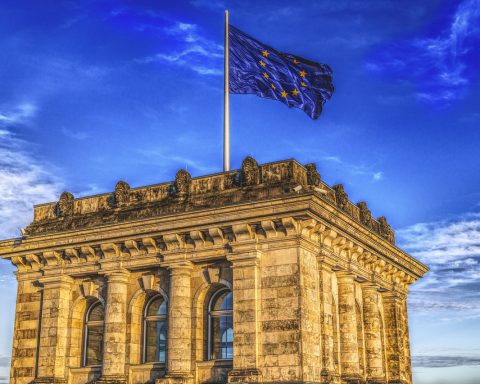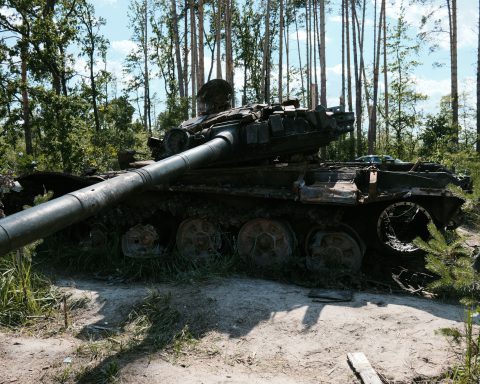Germany went to the election polls yesterday, guided by the prognosis that the dominant ruling party, the CDU/CSU, headed by Angela Merkel, would stay in power.

What was less certain was the extent to which the anti-immigrant, euro-skeptic AfD (Alternative for Germany) would gain power. Also much discussed was how voting results for the SPD (Social Democrats), Grüne (Green Party), the FDP (Liberal Democrats) and Linke (Left Party) would shake up the structure of the ruling coalition.
The results shocked many. The SPD, which campaigned around their new party leader, Martin Schulz, and their core agenda of social justice, had the worst election outcome in post-war history. The CDU/CSU fell by more than 20% compared to their 2013 election outcome, despite low rates of unemployment and a strong economy.
The FDP gained greatly considering they didn’t manage the 5% bar for seats in parliament in 2013 and have been in political “no man’s land” until now. With a solid 10,7% position, they are stronger than the Grüne (with 8,9%) and Die Linke with (9,2%).
The AfD exceeded all observer predictions for the election, with a strong 12,6%, making them the third strongest party in the Bundestag.
The challenge now is in establishing a viable coalition. The CDU/CSU grouping is a given. Their established coalition partner, the SPD, stated yesterday that they will not join the coalition but will work in opposition. Tactically, this makes more sense for them.

This would leave the “Jamaica” coalition, constituting the Grüne, the FDP and the ruling CDU, whose party colours (green, yellow and black) resemble the Jamaican flag. This partnership has benefits for the smaller parties, but with differing core agendas, it will be interesting to see how they come to consensus and how each party will attempt to deliver on promises to their base.
The AfD has made it clear that they are on a confrontation course, and it remains to be seen how this will affect the political mainstream and public climate in general. Despite their stunning win, the AfD has many challenges ahead.
The party’s leader, Alexander Gauland, has agreed with critisicm that his party has not established clear policy goals but only positioned themselves in constant opposition to the mainstream.
The inner stability of the party is also in question. Frauke Petry, Chairperson of the AfD, has abruptly quit the parliamentary party. Just this morning, she made the announcement that she will serve as an independent MP. She had attempted to lead the party to a more moderate position earlier this year, in hopes of making it viable for the ruling coalition. This caused a rupture with the party’s more far-right members.
The AfD’s gain saw many politicians questioning their campaign course last night.
SPD leader Schulz called it a bitter hour for social democracy and said they, as a party, would have to close ranks and assess their results. Minister of Defence Ursula von der Leyen criticized the fact that political debate centered on asylum seekers and national security and didn’t focus on poignant topics like education and the pension system. This although her party’s own campaign ran on a feel-good message equating Merkel vaguely with Germany’s “success” and didn’t address voter concerns head on.
Merkel herself seemed undeterred by the election results, stating she was optimistic about delivering a stable government and coalition by the end of the year.
This is surely the end of the CDU riding on the Merkel brand. Observers suggest that she might not even see her fourth term through, instead handing over the reins in a year or two.

Nevertheless, others say it would be unlike her to leave loose ends untied.
The challenges that lie ahead for Germany are considerable.
Germany’s strong economic position centered on the automotive industry could run into trouble, with a call to end the use of combustion engines and move away from diesel. A lag in birth rates over the last few decades and a growing number of pensioners will pose great challenges to managing retirement funding. And although many see the influx of asylum seekers as a remedy to this demographic crisis, the process of integration will mean an immense amount of work and financial support.
Environmental concerns are also high on the agenda, and Merkel will have to answer for her support of the coal industry.
Broadly, it will be interesting to see how the new government plays out in a European and global context. Will French President Macron realize his Eurozone reforms in partnership with Berlin? Will we see more confrontation in Germany’s relationships with countries like Poland and Hungary? How will Merkel appease NATO and the US on questions of the defense budget? And where is Germany headed in relation to Turkey and Russia?
By Helena Putsch
Helena is a born and raised South African, and has been living in Leipzig since 2009. She studied Literature and Anthropology at the University of Cape Town, and then got a degree in publishing at the HTWK Leipzig. She now runs the Verlag für alternatives Energierecht, and lives here in Leipzig with her husband and two children.









